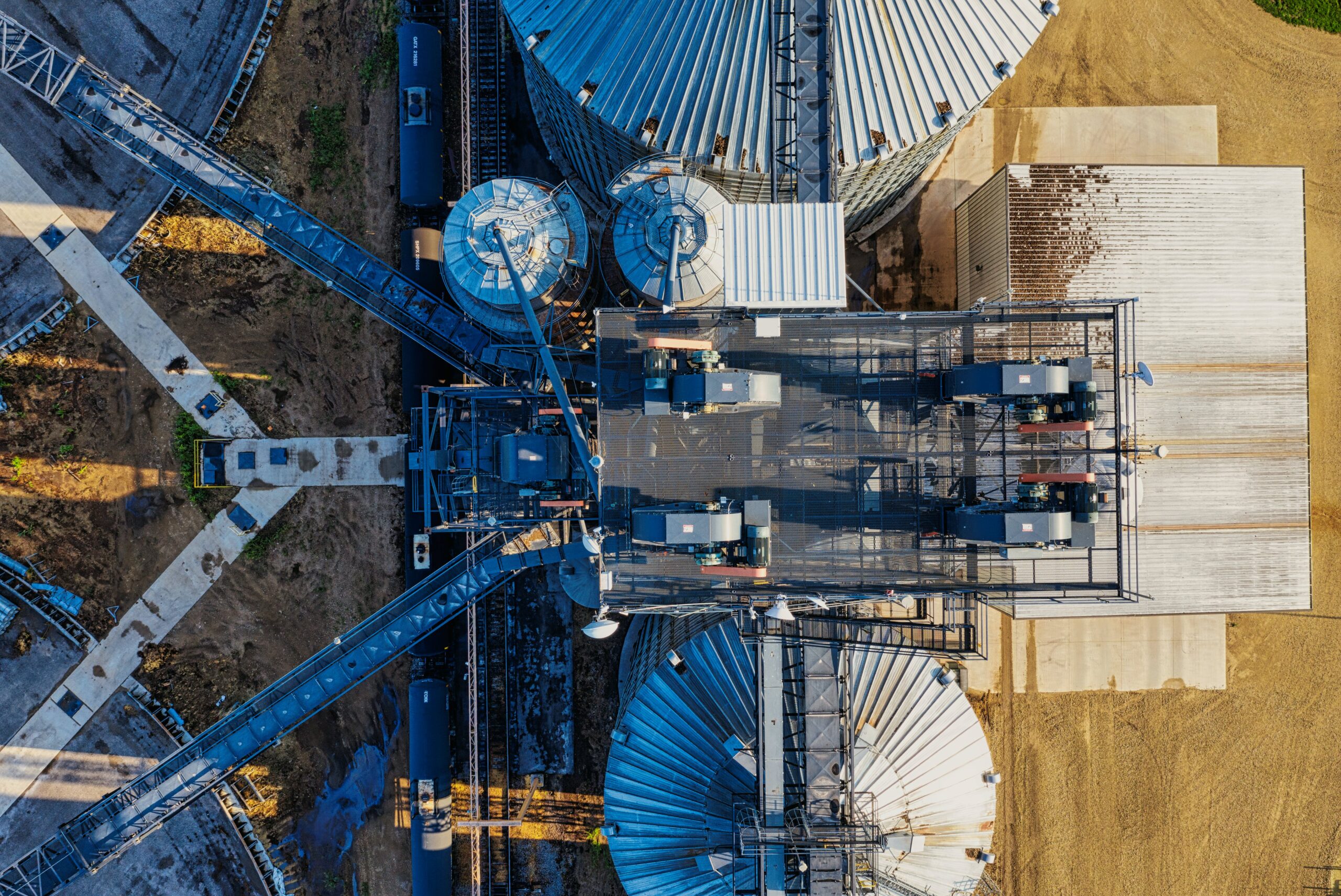- February 5, 2024
AI in Agriculture: Cultivating Innovation for Sustainable Farming

Artificial Intelligence (AI) is revolutionizing agriculture, offering innovative solutions to address the challenges of feeding a growing global population while minimizing environmental impact. From precision farming techniques to crop monitoring and pest management, AI technologies are transforming every aspect of agricultural production, making farming more efficient, sustainable, and resilient.
One of the key applications of AI in agriculture is precision agriculture, which involves using data-driven insights to optimize crop yields while minimizing inputs such as water, fertilizers, and pesticides. AI-powered sensors, drones, and satellite imagery enable farmers to monitor crop health, soil moisture levels, and weather patterns in real-time, allowing for targeted interventions and resource allocation.
Furthermore, AI algorithms can analyze vast amounts of agricultural data to identify trends, patterns, and anomalies that may go unnoticed by human observers. By leveraging machine learning techniques, farmers can predict crop yields, optimize planting schedules, and mitigate the impact of environmental factors such as droughts, floods, and pest outbreaks.
Moreover, AI-driven robotic systems are revolutionizing labor-intensive tasks such as planting, weeding, and harvesting, reducing the reliance on manual labor and increasing productivity. Autonomous vehicles equipped with AI algorithms can navigate fields with precision, performing tasks with speed and accuracy while minimizing damage to crops and soil.
Additionally, AI-powered platforms are connecting farmers with valuable insights, resources, and support networks, enabling knowledge sharing and collaboration within the agricultural community. From virtual agronomists to online marketplaces, these platforms empower farmers to make informed decisions and access markets more efficiently, driving economic growth and sustainability in rural communities.
In conclusion, AI is poised to transform agriculture into a data-driven, technology-enabled industry that can meet the challenges of food security, climate change, and environmental sustainability. By harnessing the power of AI, farmers can cultivate innovation, optimize resource use, and ensure a more resilient and productive food system for future generations.